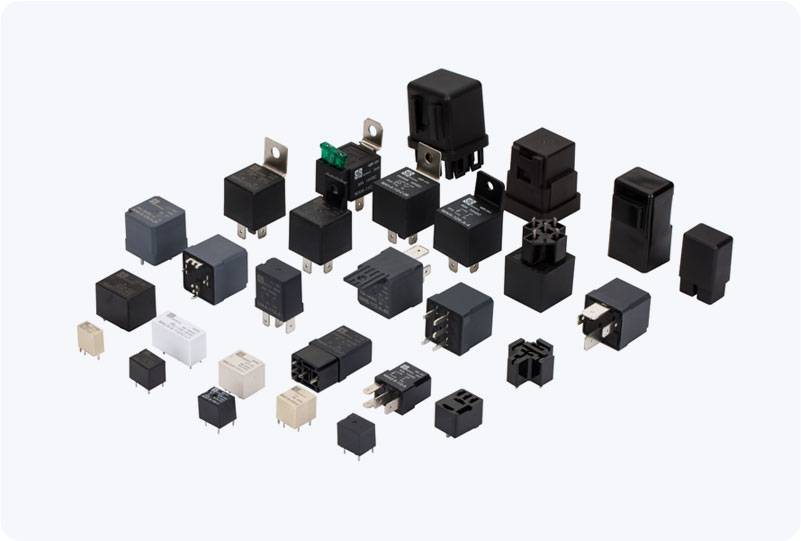As the world moves towards more sustainable transportation options, the rise of electric vehicles (EVs) is undeniable. Central to the functionality of these vehicles is the availability of reliable and efficient charging infrastructure. One critical component of this infrastructure is the DC Charging Station Relay. These relays are essential in managing the high-power, direct current (DC) used in EV charging stations. This article delves into the role and significance of DC charging station relays in ensuring safe and efficient EV charging operations.

What is a DC Charging Station Relay? A DC Charging Station Relay is an electrical device used in EV charging stations to control and manage the flow of direct current (DC) power from the station to the vehicle’s battery. Unlike alternating current (AC) that is typically used in standard household outlets, DC power is directly supplied to the EV battery, allowing for faster charging times. The relay’s job is to ensure that the charging process is safe, efficient, and responsive to any changes in the vehicle’s or charging station’s needs. Key Functions of a DC Charging Station Relay
Power Management: The primary function of a DC charging station relay is to manage the flow of power between the charging station and the vehicle. It helps to regulate the voltage and current to ensure the vehicle battery receives the appropriate level of power for optimal charging. This is particularly crucial as EV batteries have different charging needs based on their state of charge and the vehicle model.